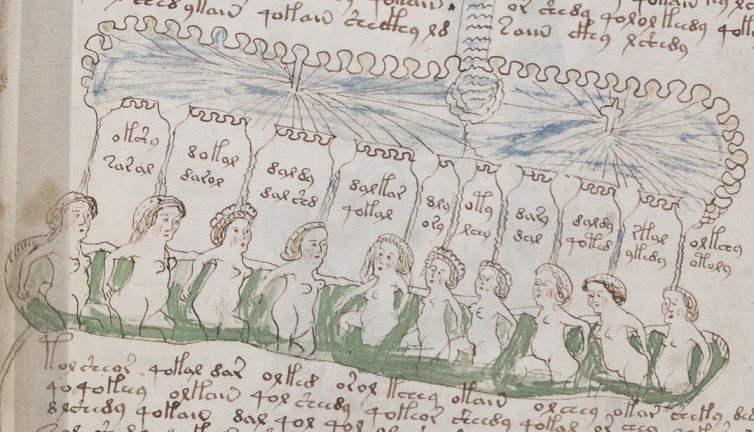BOLIVIA
A Bolivian company is offering a certified chia seed for farmers interested in moving into the expanding international chia market.

LATIN AMERICA
Cancer is the second leading cause of death in Latin America and the Caribbean, according to statistics from the Pan American Health Organization.
ARGENTINA
Scientists at Argentina’s National University of Rosario have developed a warning system for severe storms. The system consists of cloud and lightning detectors to protect large cities and crowded tourist areas.
Argentine and American scientists are studying Antarctic ice retreat and consequent biological, geological and oceanic changes.
Argentine studies are looking at liver fibrosis. The researchers believe that in the early stages of the disease there is inhibition of protein production that could slow the disease.
BRAZIL
An analysis of the amount of carbon emitted from the Amazon basin in an extremely dry year and one with high rainfall showed that in the first case substantial amounts of carbon is released into the atmosphere, while in the wet year the balance was neutral. These results show some effects of climate change.
MEXICO
The properties of iodine for the treatment of breast and prostate cancer is being studied at UNAM. Analysis of clinical trials and animal experiments showed that iodine stops the growth of tumors.
The “Voynich manuscript” is an ancient book written in a language not yet deciphered that could have Aztec origins. Botanists at the University of Delaware published an article where they claim to have found similarities between plants illustrated in the manuscript and some old botanical books from Mexico.
Panamanian and Mexican scientists analyzed the pollen present in the honey produced in Yucatan and found traces of pollen from genetically modified soybeans. The authors fear that these products, if they are destined for export, may suffer price reductions or be blocked.
COLOMBIA
Colombian and Swiss scientists discover a glacial lagoon created by the retreat of the Santa Isabel glacier in the Los Nevados National Park at 4,900 meters above sea level in Colombia.
CHILE
Skeletal remains of a 65 million-year-old long-necked plesiosaur were discovered in southern Chile. The Aristonectes quiriquinesis was a great size with a neck 3.5 meter-long neck and lived in the seas of the southern hemisphere 65 million years ago.
To promote the dissemination of science the work of scientists who study the melting glaciers of the Strait of Magellan was filmed. The resulting documentary will be shown on television.
URUGUAY
Students and scientists are studying the influenza virus and Newcastle disease in Antarctic birds with the goal of early detection, as these birds are reservoirs for pathogens.
